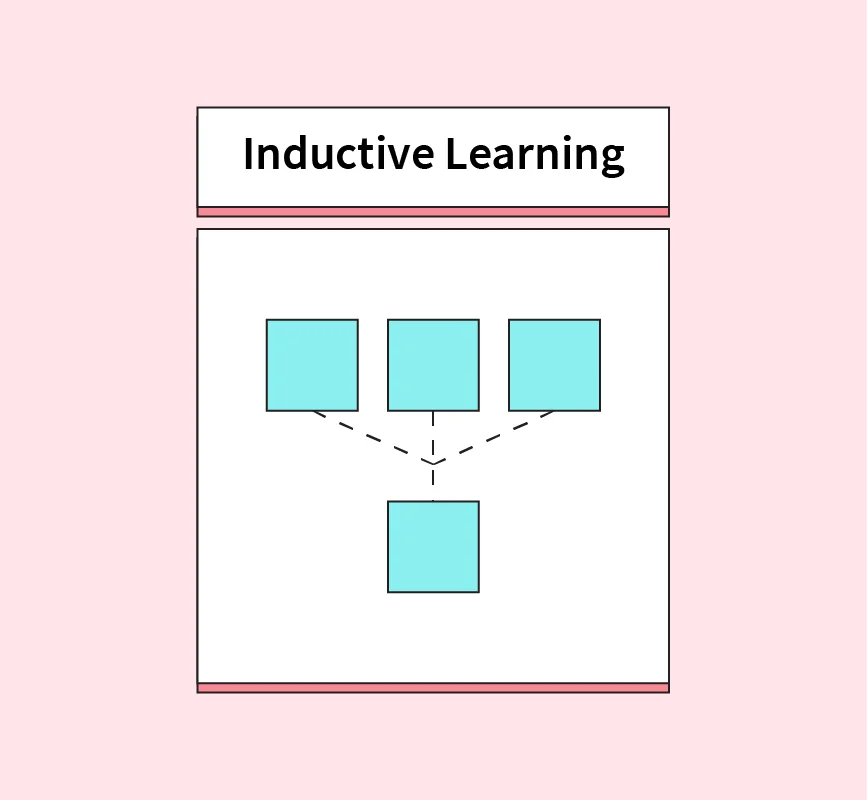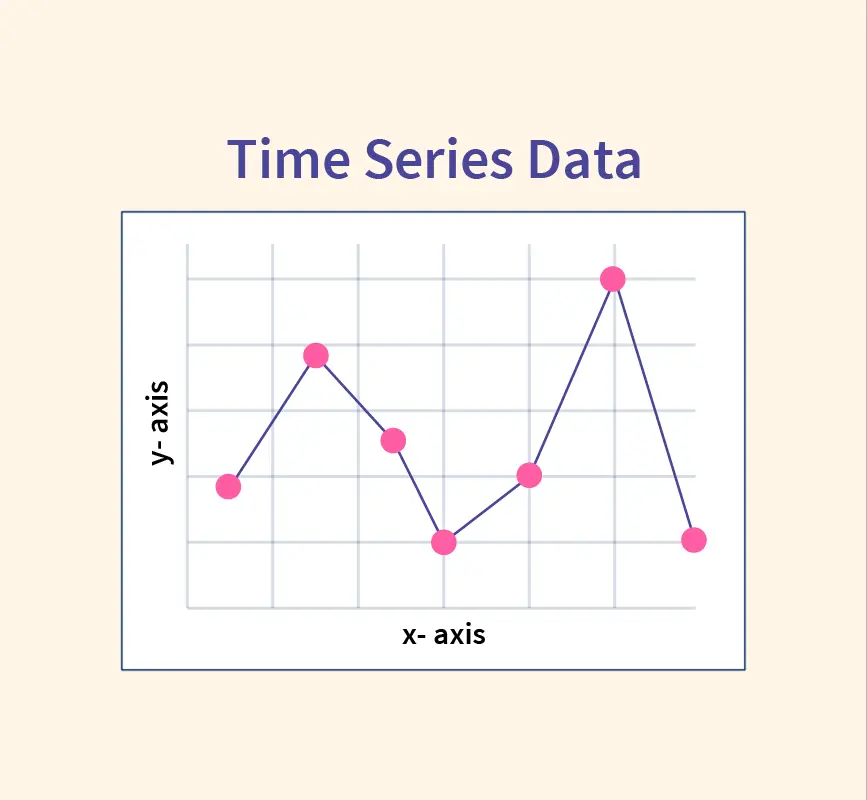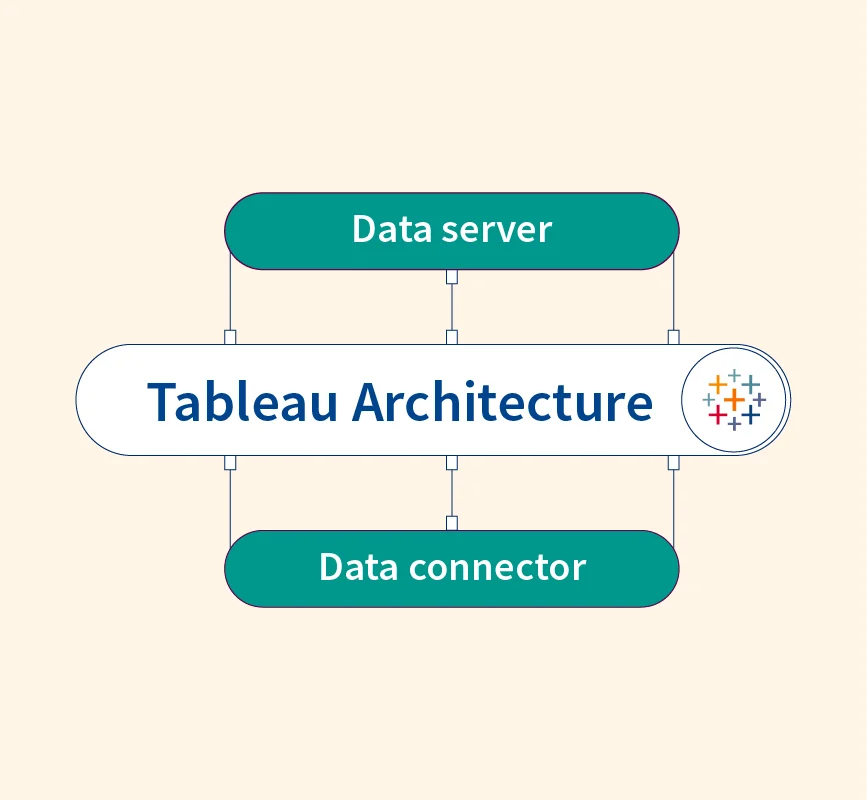Data science is one of the fastest-growing career paths in India, with industries increasingly relying on data-driven decisions. As businesses across sectors—like healthcare, finance, and e-commerce—collect massive amounts of data, the need for skilled professionals to analyze and derive insights has skyrocketed.
If you’re wondering how to step into this exciting field, this guide is for you. We’ll walk you through the education, skills, certifications, and career steps required to become a successful data scientist in India. Whether you’re a fresh graduate or someone looking to switch careers, this article will simplify the process for you.
What is a Data Scientist?
A data scientist is a professional responsible for analyzing complex datasets to help businesses make informed decisions. They collect, clean, and interpret large amounts of data using programming, statistics, and machine learning models.
What’s the Data Scientist Job Outlook in India?
The demand for data scientists in India has surged as businesses increasingly focus on data-driven decision-making. According to industry reports, India contributes to around 11.6% of global data science job openings and ranks among the top countries hiring data professionals.
Why is Data Science Growing in India?
- Digital Transformation: Companies in industries like e-commerce, healthcare, and finance are digitizing operations, creating a high demand for data scientists.
- Adoption of AI & Machine Learning: Organizations are implementing advanced AI models, requiring skilled data scientists to build and manage these solutions.
- Government Initiatives: Programs like Digital India and the National AI Strategy are driving the growth of data science and analytics jobs.
Job Market Trends
- Increasing Opportunities: LinkedIn and Naukri job listings show consistent openings for data science roles across major cities such as Bengaluru, Mumbai, Delhi NCR, and Pune.
- Diverse Roles: Companies are hiring not only data scientists but also data analysts, data engineers, and machine learning engineers, reflecting the variety within the field.
Future Job Prospects
- By 2026, the demand for data scientists is expected to grow by 30% annually across industries.
- Startups and MNCs alike are looking for professionals skilled in Python, SQL, machine learning, and data visualization tools.
The job outlook for data scientists in India remains promising, offering both lucrative salaries and numerous growth opportunities.
Data Scientist vs Data Analyst
While both data scientists and data analysts work with data, their roles differ in terms of scope, skill sets, and responsibilities.
Key Differences
- Responsibilities:
- Data Analyst: Focuses on analyzing existing datasets to find insights and create reports.
- Data Scientist: Develops predictive models and algorithms to forecast trends and solve complex problems.
- Skill Sets:
- Data Analyst: Strong in Excel, SQL, and visualization tools like Power BI or Tableau.
- Data Scientist: Requires advanced skills in programming languages like Python, R, and machine learning tools.
- Approach to Data:
- Data Analyst: Works on structured data with predefined questions.
- Data Scientist: Works on both structured and unstructured data, often exploring data to discover new insights.
- Career Path:
- Data Analyst: Suitable for entry-level roles, with career growth towards senior analyst or business intelligence roles.
- Data Scientist: Offers more advanced career opportunities in machine learning, AI, and research roles.
Steps to Become a Data Scientist
Step 1: Earn a Bachelor’s Degree or Data Science Degree
- Relevant Fields: Computer Science, Statistics, Mathematics, Data Science, or Information Technology.
- Alternative Paths: If you don’t have a traditional degree, you can pursue online courses or bootcamps in data science from platforms like Coursera or Simplilearn.
- Building a strong foundation in mathematics, statistics, and programming during your studies is essential.
Step 2: Improve Your Data Science Skills and Competencies
- Learn Python and R, the most widely used programming languages in data science.
- Develop proficiency in SQL to handle databases.
- Familiarize yourself with machine learning algorithms, data analysis techniques, and statistical methods.
- Focus on gaining soft skills like communication and problem-solving to explain insights effectively to non-technical teams.
Step 3: Master Essential Data Science Tools
- Libraries: Learn data manipulation tools like pandas and NumPy in Python.
- Data Visualization: Gain hands-on experience with Tableau, Power BI, or Matplotlib for data storytelling.
- Machine Learning Tools: Explore libraries like Scikit-Learn and TensorFlow for building models.
Step 4: Earn Your Data Science Certification
- Certifications can boost your credibility. Consider pursuing:
- IBM Data Science Professional Certificate
- Google Data Analytics Certificate
- Microsoft Azure Data Scientist Associate
- Certifications show employers that you have verified skills and hands-on experience.
Step 5: Gain Practical Experience with Data Science Internships
- Internships offer exposure to real-world projects and problem-solving.
- Apply for internships through job portals like Naukri, LinkedIn, or Internshala.
- Practical experience strengthens your portfolio, giving you an edge in the job market.
Step 6: Kickstart Your Data Science Career
- Build a Portfolio: Showcase your work through GitHub projects and case studies.
- Create a Strong Resume: Highlight relevant skills, certifications, and project experience.
- Network: Attend data science meetups, conferences, and job fairs to connect with industry professionals.
- Apply for Jobs: Look for entry-level data science roles through platforms like Naukri, LinkedIn, and Glassdoor.
What Does a Data Scientist Do? / Role of a Data Scientist
A data scientist plays a key role in extracting actionable insights from data. Their work involves collecting, analyzing, and interpreting large datasets to solve business challenges. Below are some of the day-to-day tasks and responsibilities of a data scientist.
Core Responsibilities of a Data Scientist
- Data Collection: Acquire structured and unstructured data from various sources like databases, APIs, and web scraping.
- Data Cleaning and Preparation: Process raw data by removing errors, filling missing values, and transforming it into a usable format.
- Exploratory Data Analysis (EDA): Use statistical methods to understand data patterns and trends.
- Model Development: Build machine learning models for prediction, classification, or clustering using tools like Scikit-Learn or TensorFlow.
- Visualization and Reporting: Present insights through graphs, dashboards, and reports using Tableau or Power BI.
- Collaboration: Work closely with business teams to align data solutions with company goals and solve specific challenges.
Types of Data Science Projects
- Predictive Analytics: Forecast future trends using historical data (e.g., sales predictions).
- Recommendation Systems: Suggest products to users based on their behavior (e.g., Netflix or Amazon recommendations).
- Fraud Detection: Identify unusual patterns to detect fraud (used in banking and finance).
- Sentiment Analysis: Analyze customer feedback to understand public sentiment (e.g., product reviews or social media data).
Data Science Qualifications and Eligibility Required
Minimum Educational Qualifications
- Bachelor’s Degree: A degree in Computer Science, Statistics, Mathematics, or related fields is usually required.
- Alternative Paths: Candidates from non-technical backgrounds can still pursue data science roles by completing online courses, bootcamps, or specialized certification programs.
Preferred Skills for Data Scientist Roles in India
- Programming Languages: Python, R, and SQL for data manipulation and analysis.
- Mathematics and Statistics: Strong foundation in linear algebra, probability, and statistics.
- Data Manipulation: Familiarity with libraries like pandas and NumPy to handle datasets.
- Machine Learning: Knowledge of algorithms such as linear regression, decision trees, and clustering.
- Data Visualization: Experience with tools like Tableau, Power BI, or Matplotlib.
- Communication Skills: Ability to explain data insights to non-technical teams clearly.
- Problem-Solving Ability: Strong analytical thinking to approach complex problems effectively.
In addition to the above qualifications, employers value hands-on experience through internships or personal projects. Those with industry-relevant certifications stand out in a competitive job market.
Skills to Become A Data Scientist
To succeed as a data scientist, you need to develop a combination of technical and non-technical skills. Below are some of the most essential skills for aspiring data scientists.
Technical Skills
- Programming:
- Master Python and R for data analysis and model building.
- Learn SQL to query databases efficiently.
- Data Manipulation:
- Get comfortable with libraries like pandas and NumPy to process and manipulate datasets.
- Machine Learning:
- Understand supervised and unsupervised learning algorithms, such as regression, decision trees, and clustering.
- Data Visualization:
- Use tools like Matplotlib, Seaborn, Tableau, or Power BI to create insightful dashboards and reports.
- Big Data Tools:
- Familiarize yourself with tools like Hadoop, Spark, or AWS for working with large datasets.
Soft Skills
- Communication:
- Translate complex insights into simple, actionable recommendations for business teams.
- Problem-Solving:
- Develop a logical approach to tackling data challenges and deriving solutions.
- Domain Knowledge:
- Understanding the industry you work in—whether it’s finance, healthcare, or retail—helps tailor your analysis to relevant problems.
- Data Intuition:
- Develop the ability to sense what data points matter the most and recognize patterns that others may overlook.
These skills form the foundation of your journey as a data scientist. Building proficiency in these areas will make you job-ready and give you an edge in the competitive job market.
Data Scientist Salary and Job Growth
Average Salary of a Data Scientist in India
- The average salary of a data scientist in India is approximately ₹10-12 LPA (Lakhs per Annum).
- Entry-level roles: ₹4-6 LPA.
- Mid-level roles (3-5 years of experience): ₹12-15 LPA.
- Senior roles (more than 7 years of experience): ₹20+ LPA.
(Source: Glassdoor)
Factors Affecting Data Scientist Salaries
- Location: Salaries tend to be higher in cities like Bengaluru, Mumbai, and Delhi NCR due to a higher demand for talent.
- Experience: Professionals with experience in machine learning, AI, or big data command higher salaries.
- Industry: Data scientists in finance and tech sectors generally earn more than those in other industries.
- Skills: Mastering tools like Python, SQL, and Tableau along with certifications can boost your earning potential.
Job Growth in the Data Science Field
- India is expected to witness a 30% annual growth in data science jobs, driven by the adoption of AI and data analytics across industries.
- Startups and MNCs are actively hiring data scientists to stay competitive, creating a steady flow of job opportunities.
- With data becoming a crucial asset, career prospects for data scientists will continue to rise over the next decade.
Careers in the Data Science Field
Data science offers a variety of career paths that cater to different skill sets and interests. Here are some popular roles in the field:
1. Data Scientist
- Job Description: Analyzes complex data, builds predictive models, and provides actionable insights to solve business problems.
- Required Skills: Python, machine learning, SQL, and data visualization tools.
- Career Prospects: Senior data scientist, data science manager, chief data officer (CDO).
2. Data Analyst
- Job Description: Focuses on extracting meaningful insights from structured data through reporting and visualization.
- Required Skills: Excel, SQL, Tableau, Power BI, and basic statistics.
- Career Prospects: Senior analyst, business intelligence manager, or data consultant.
3. Data Engineer
- Job Description: Develops and maintains data pipelines, ensuring the availability of clean and reliable data for analysis.
- Required Skills: SQL, Python, Hadoop, Spark, and cloud platforms like AWS or Azure.
- Career Prospects: Senior data engineer, data architect, or cloud data engineer.
4. Machine Learning Engineer
- Job Description: Specializes in building, deploying, and maintaining machine learning models for various applications.
- Required Skills: Python, TensorFlow, Scikit-Learn, and algorithms.
- Career Prospects: Lead ML engineer, AI research scientist, or ML consultant.
5. Business Analyst
- Job Description: Works at the intersection of business and data, identifying trends to support business strategy.
- Required Skills: Data analysis, communication, SQL, and business acumen.
- Career Prospects: Product manager, business intelligence head, or strategy consultant.
These roles highlight the flexibility and growth opportunities in the data science field, allowing professionals to explore different paths based on their strengths and interests.
Future of Data Science
The future of data science in India looks bright, driven by technological advancements and increasing reliance on data across industries. Here are some emerging trends shaping the field:
1. Growth in AI and Machine Learning Adoption
- Companies are heavily investing in AI-powered solutions, increasing the demand for data scientists skilled in machine learning.
- Automated machine learning (AutoML) tools are simplifying complex tasks, enabling data scientists to focus on high-value work.
2. Big Data and Cloud Computing
- With the rise of Big Data technologies and cloud platforms, data scientists will need to master tools like AWS, Google Cloud, and Azure.
- Organizations are increasingly relying on cloud storage and data lakes to manage their expanding datasets.
3. Data Science in Emerging Sectors
- Healthcare, finance, and agriculture are embracing data science to improve efficiency and decision-making processes.
- In the coming years, fields like IoT (Internet of Things) and smart cities will generate new data science opportunities.
4. Increasing Demand for Specialized Roles
- As the field evolves, companies will hire for more specialized roles like AI engineers, data privacy experts, and data ethics consultants.
5. Focus on Data Privacy and Ethics
- With growing concerns over data privacy, companies will need to hire professionals trained in data governance and compliance standards like GDPR.
- There will be a push for ethical AI to ensure transparency and fairness in data science projects.
Data science will continue to expand into new areas, offering exciting opportunities for those entering the field. Staying updated with the latest tools and trends will be key to remaining relevant in this dynamic industry.
Conclusion
A career in data science in India promises significant growth and high earning potential. Success in this field requires mastering core skills like programming, data analysis, and machine learning, along with gaining practical experience through internships and projects. Whether you choose a formal degree or online certifications, continuous learning and building a strong portfolio are crucial. As data science continues to evolve, staying current with the latest tools and trends will ensure long-term success and open doors to exciting opportunities.


